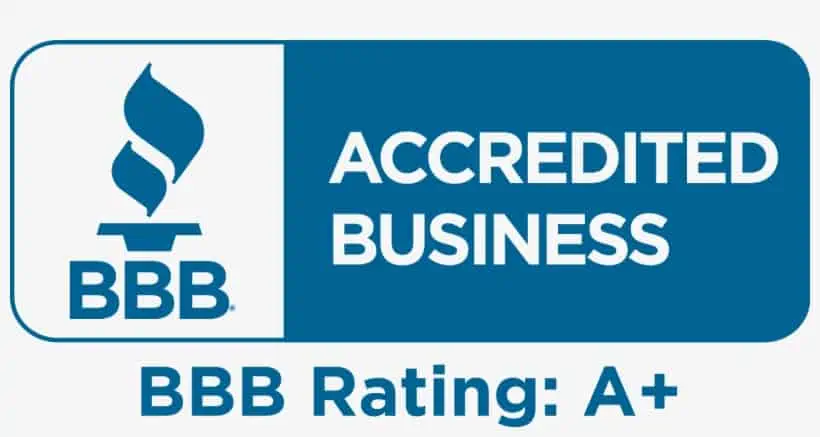
A Primer on Self-Directed Solo 401k Prohibited Transactions
Investors like to open self-directed solo 401k plans because they want to diversify away from traditional investments (e.g., mutual funds, bonds, and stocks) and start investing in alternative investments such as real estate, private equity, promissory notes, tax liens and metals. Investors invest their solo 401k funds in alternative investments because of the possibility of high returns and to invest in something that they can see (e.g., physical assets such as metals and real estate). However, solo 401k owners must follow certain IRS rules or risk penalties or disqualification of the solo 401k for engaging in a prohibited transaction.
History of Prohibited Transactions
Before the passage of the Employee Retirement Income Security Act of 1974 (ERISA), Congress was concerned that individuals who held key positions with respect to retirement plans were not always acting with the best interests of plan participants in mind. The passage of ERISA resulted in stricter guidelines for those who handle 401k plan assets. To prevent self-dealing, both ERISA and the Internal Revenue Code (IRS) prohibit several transactions and impose penalties on those who participate in a prohibited transaction.
The prohibited transaction rules were put in place to ensure that solo 401k investments and related transactions are performed with the intention to benefit the solo 401k plan while penalizing self-dealing by the solo 401k owner. The rules disallow transactions between a solo 401k and certain individuals known as “disqualified persons.” For a detailed explanation of disqualified persons, see IRC Sec. 4975(e)(2). A disqualified person includes the solo 401k owner/trustee, the solo 401k provider, anyone who provides investment advice for a fee. Members of the solo 401k owner’s family (i.e., a spouse, an ancestor, any lineal descendant, or any spouse of a lineal descendant) are also considered disqualified persons. When analyzing if a transaction is prohibited, the focus is on the status of the party with whom the proposed transaction is to take place rather than just on the solo 401k owner/trustee.
Prohibited Investments
Instead of the regulations listing allowable investments, the IRC contains a list of investments that are not allowed in a solo 401k plan. For example, under IRC Sec. 408, solo 401k owners may not invest their plan in collectibles (i.e., artwork, rugs, antiques, certain precious metals, gems, stamps, certain coins, alcoholic beverages, and other tangible property). While we don’t know why these investments are considered prohibited, we can suspect that congress may have prohibited these investments to discourage solo 401k owners from engaging in transactions designed solely to benefit disqualified persons rather than to grow the solo 401k assets. Congress may have also prohibited certain investments in favor of investments that would help the economy, such as real estate.
Prohibited Transactions
The law prohibits specific types of transactions between a solo 401k and the solo 401k owner/trustee or any other disqualified person. Following are examples of prohibited transactions under IRC Sec. 4975(c) and IRC Sec. 408(e).
Sale or leasing of property between a solo 401k owner/trustee and a disqualified person – Disqualified persons may not sell property to a solo 401k or vice versa. For example, lets say your solo 401k holds a rental property. You retire 5, 10 or 15 years later and now want to live in the home, so you purchase it from the solo 401k plan. You have created a prohibited transaction by purchasing the property from the solo 401k plan. Likewise, you cannot rent the property from your solo 401k plan, nor can your solo 401k sell it to our neighbor and then you purchase it from him.
Receiving fees for managing your solo 401k plan –Individuals who manage their own solo 401k investments may not receive compensation for managing the account. For example, if the solo 401k owns rental property the solo 401k owner/trustee cannot require his or her solo 401k to pay them for collecting rent checks, looking for tenants, or paying property taxes owed by the solo 401k plan.
Using yours solo 401k as security for a loan – Solo 401k owners/trustee may not use their solo 401k assets as security for a loan. For example, a solo 401k owner wants to spend $200,000 on the purchase of a new home and decides to use part of her solo 401k plan as collateral for a loan. This results in a prohibited transaction and the portion of the solo 401k that was pledged will be deemed distributed.
Buying property for personal use with solo 401k assets – A solo 401k owner may not purchase a rental property with solo 401k assets and then vacation at the rental property even if she pays rent to the solo 401k plan or only uses the property once a year.
Summary
Solo 401k or even IRA Prohibited transactions can be costly mistakes. While the solo 401k owner/trustee is ultimately responsible for determining if a transaction is prohibited, choosing the right solo 401k provider who can help you navigate the solo 401k prohibited transaction rules can be paramount.









